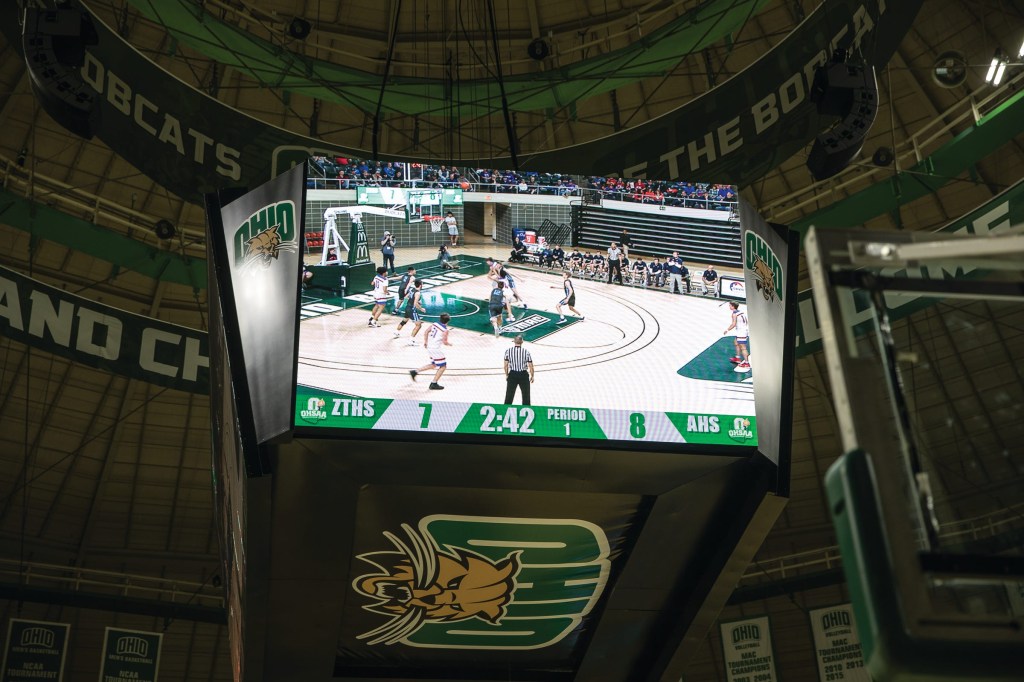By: D.J. Podgorny, @DJPodgorny
When I applied to colleges back in 2010, the U.S. economy was in pretty bad shape. We were in the midst of the worst recession since the Great Depression and tons of recent college graduates were scrambling to find any job they could get their hands on. To add to the economic mess, I still hadn’t found a satisfactory answer for the “what do you want to be when you grow up” question.
So I got to work thinking. I had always scored highly in math and science, but I wasn’t exactly jumping out of bed each morning enthralled by the fundamental theorem of calculus or balancing chemical reactions. With all things considered though, everyone and their mothers (literally) advocated for me to take the safe route: study a subject that aligned with my academic strengths and was, for all intents and purposes, recession-proof.
So, I applied to various engineering programs and fortunately, I was accepted. Although I wouldn’t trade the four years I spent studying engineering for anything, it was evident early on that it wasn’t my passion. After a lot of experimentation and reflection (a whole other topic in itself), I ultimately decided a career in football was my true calling.

This revelation led me to where I am today. I am in a position most of you can relate to. I am in pursuit of my dream job, trying to get my foot in the door and eagerly looking for an opportunity to showcase my talent and determination.
Yet, as I continue along my journey, one question recurs frequently: what can an engineer bring to the front office of a sports organization? I anticipate every single person will have their own nuanced answer to that question, as they should. Every individual’s “why” should be different; it is part of their unique brand and story.
However, I firmly believe that there is a core group of characteristics that make engineers invaluable in the business of sports. I am confident the combination of passion, along with the skills and mindsets engineers possess, yields an interesting profile that would lead to success in front offices across all of sports. This profile can be even more stacked when business or administration experience (or coursework) is also brought to bear.
To further qualify the benefit an engineer can bring to the front office, I present to you:
The Five Ways Engineers Can Add Value to the Front Office
Analytics
There is no denying the recent wave of analytics within both the player and business operations units across teams throughout the country. Thanks to Moneyball and GMs like Daryl Morey, the value of data has been clearly illustrated throughout sports.
Engineers eat data for breakfast, lunch, and dinner. Better yet, their course work often demands a great deal of advanced math and statistical work. A parametric nonlinear regression model is something almost every engineer knows their way around. This understanding enables them to crunch the numbers accurately while consistently having the end in mind, a valuable time saver for any team.
Problem solving
Seth Godin claims the only two skills that won’t be commoditized as technology continues to advance are leadership and problem solving. The ability to take large, unstructured problems and find a pertinent solution will only appreciate in value.
In sports, this is particularly relevant as teams face difficulties on both a micro and macro level each day. When the Cardinals lost Tyrann Mathieu for the season, they had to figure out how to replace him. When the San Jose Earthquakes have empty seats, they need a strategy to help them fill the stadium. These are tough nuts to crack.
Luckily, engineers are born problem solvers who lose sleep over unanswered questions. Through their rigorous laboratories and intense exams, they further develop these muscles, turning them into machines. Engineers love solving the world’s most complex problems, independent of industry.
Tenacity
Quitters have no place in sports. You have to come to work every day, rain or shine, ready to take on the world. And, if you don’t, your competition will be spending every waking second trying to get ahead of you.
An engineer is a rare breed of individual that doesn’t take failure for an answer. To them, everything is hackable, and every question has an answer if you’re creative and smart enough. An engineer will refuse to quit and will bring their A-game to an organization every day.
Unique perspective
In sports, it is not uncommon to find people who have spent their entire careers in the industry. I can’t blame them; it’s an amazing place to work. With that being said, this limited set of experiences can sometimes lead to one-sided perspectives.
Engineers are afforded experiences in a wide variety of industries and disciplines throughout their schooling and in the workplace. This unique outlook allows them to challenge assumptions and ask difficult questions. While some friction will certainly be experienced, this point of view will ultimately spur creativity throughout an enterprise.
Innovation
Sports are evolving faster than ever nowadays, especially from a technological standpoint. For example, across the NFL, quarterbacks are now using virtual reality to review practice film and see the field from angles that were previously impossible to capture. Technology will only continue to infiltrate both teams and leagues alike.
One of the beauties of engineers is their genuine curiosity. They were the ones who would take apart the remote or the old TV when they were kids. This level of intrigue lends itself well to testing and adopting new methods within a team. An engineer has a knack for utilizing the latest technology to increase efficiency.
— — — — — — — — — — — — -
Overall, while surely not the most apparent suitors, engineers possess a variety of tools that will allow them to thrive in the sports industry. When coupled with a strong interest, the possibilities seem endless.
However, the merit of completing both business and sports specific administration training cannot be understated. Students who master these principles will always hold an advantage over their lesser educated peers, especially in regards to advancement opportunities.
But, as teams and leagues begin to lean more and more on analytics and technology, expect an upwards trend in engineering hiring across all of sports.

















